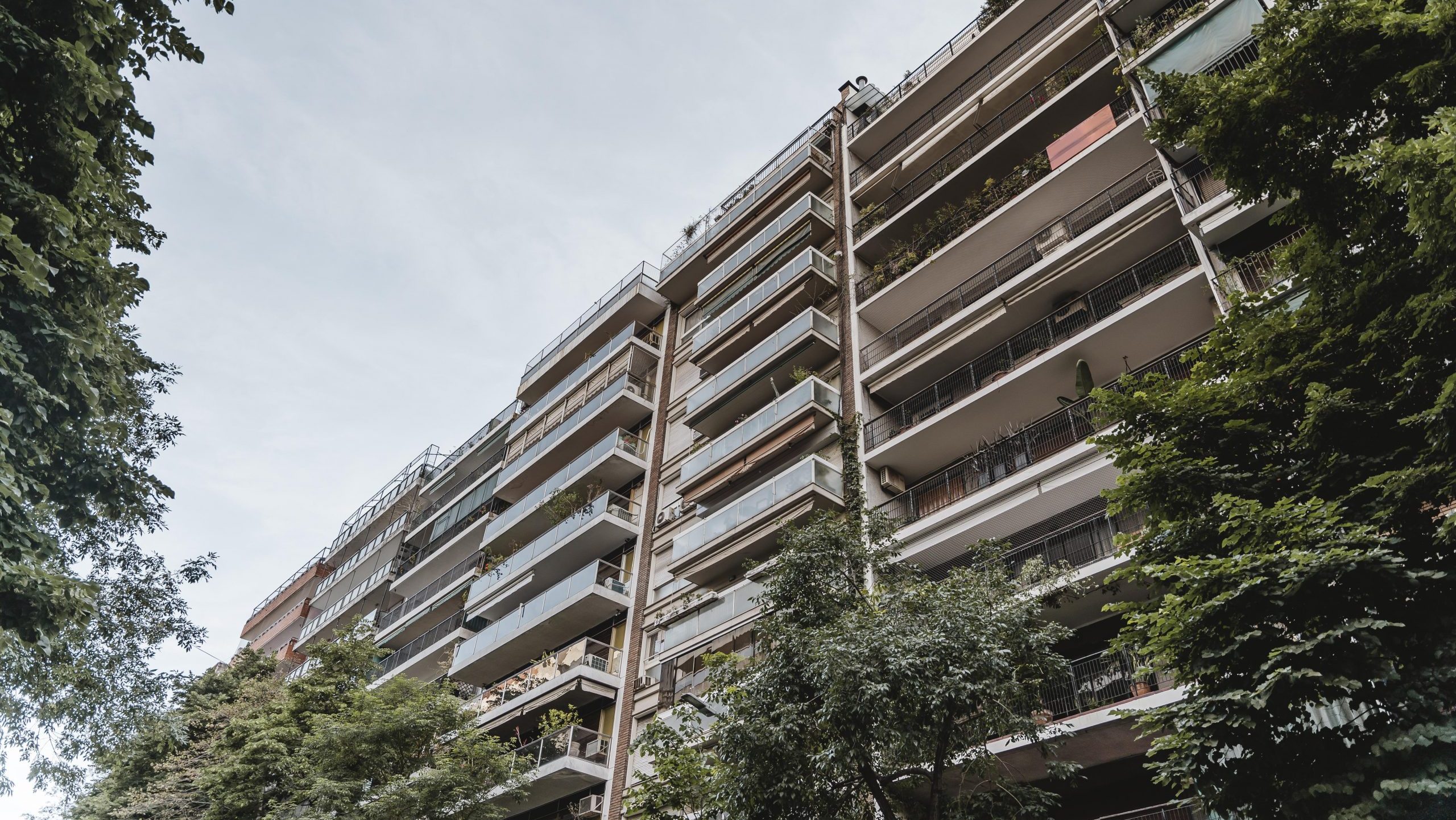SINGAPORE: A couple’s dispute over property took an unusual turn as they had not yet finalised the purchase of the S$470,000 flat in Tampines.
Despite having paid S$32,000 from their Central Provident Fund accounts towards the property, a man was adamant about not allowing his former spouse to benefit from the flat—a ‘windfall’ by selling it in the future.
To prevent his ex-wife from gaining possession of the flat, the man engaged in multiple clashes over the property, ultimately leading to appeals in court.
Initially, the family and the High Court rejected the ex-wife’s claim to have the flat transferred to her because she didn’t offer to refund her husband the S$16,000 deposit payment.
So, she altered her approach during an appeal to the Appellate Division of the High Court, offering to refund the man’s deposit payment of S$16,000 along with accrued interest.
The ex-wife, a nurse who earns S$5,000 monthly, expressed her willingness to shoulder the mortgage payments independently so that she won’t have to stay with her parents and children.
The man works as an operations executive and earns the same S$5,000. He persisted with the opposition and said his ex-wife didn’t deserve to own the flat alone.
However, the Appellate Court sided with the ex-wife, emphasising the importance of providing a stable living environment for the children.
Justice Woo Bih Li stressed that having a permanent home was in the children’s best interest.
He said, “The wife has care and control of two children of the marriage and it would be in their interest to have a permanent roof over their heads even though it was fortunate that all three of them could stay with her parents in the meantime.”
The court ruling ordered the man to transfer his flat to his ex-wife amidst their bitter divorce.
How new HDB flats are dealt with when couples split up
The court’s decision shed light on several key considerations on the division of matrimonial assets in divorce cases involving newly acquired HDB flats.
The value of the flat
First, the value of the flat, even if not yet occupied, is regarded as a matrimonial asset subject to division.
In this case, the court accepted the flat’s purchase price of S$470,000 as its value, disregarding the potential market value after the five-year Minimum Occupation Period (MOP).
‘Windfall’ is not a factor in a split
Second, concerns about potential windfalls from the future sale of the flat were deemed irrelevant by the court.
HDB owners know the new flats they purchase are priced lower than older units in the same area. Selling the flat after the Minimum Occupation Period (MOP) can result in decent profits.
The man understood that new flats typically sell for more than their purchase price. Therefore, he resisted transferring the flat to his ex-wife, fearing it would give her an unexpected financial gain, often referred to as a “windfall”.
However, the court dismissed these concerns, stating there was no windfall since the flat couldn’t be sold until the MOP was over. Justice Woo emphasised, “We can’t predict the future price of the flat.”
He further explained that the husband suffered no significant harm since he agreed to return the flat to the HDB.
However, there was a risk that he might not recoup the $16,000 deposit, considering it could be forfeited if the purchase wasn’t completed. Additionally, stamp duties and conveyancing fees were non-refundable.
The judge reiterated, “Even if the wife gained a windfall, it shouldn’t matter if it didn’t harm the husband.”
In cases involving private property, a windfall isn’t factored in. The court bases its decision on the assets during the split. If one party receives the entire property, the matter ends there, regardless of its potential future value.
It’s not just about money
Lastly, the court prioritised the family’s needs, particularly the well-being of the children, in reaching its decision. When a couple splits, it’s not just about money; the court prioritises fair treatment and the well-being of the children.
In this instance, the court recognised that returning the couple’s flat to the HDB would leave the ex-wife without a home.
“There was no good reason to make her go through all this,” said Justice Woo, noting that the ex-wife will have to go through the entire process of applying for an HDB flat again.
The court also considered the needs of the two young children and decided that having their own home would be in the best interests of the single mother and her children.
Ultimately, the case highlights the importance of avoiding bitter conflicts during divorce, as such actions harm everyone involved, especially the children./TISG

